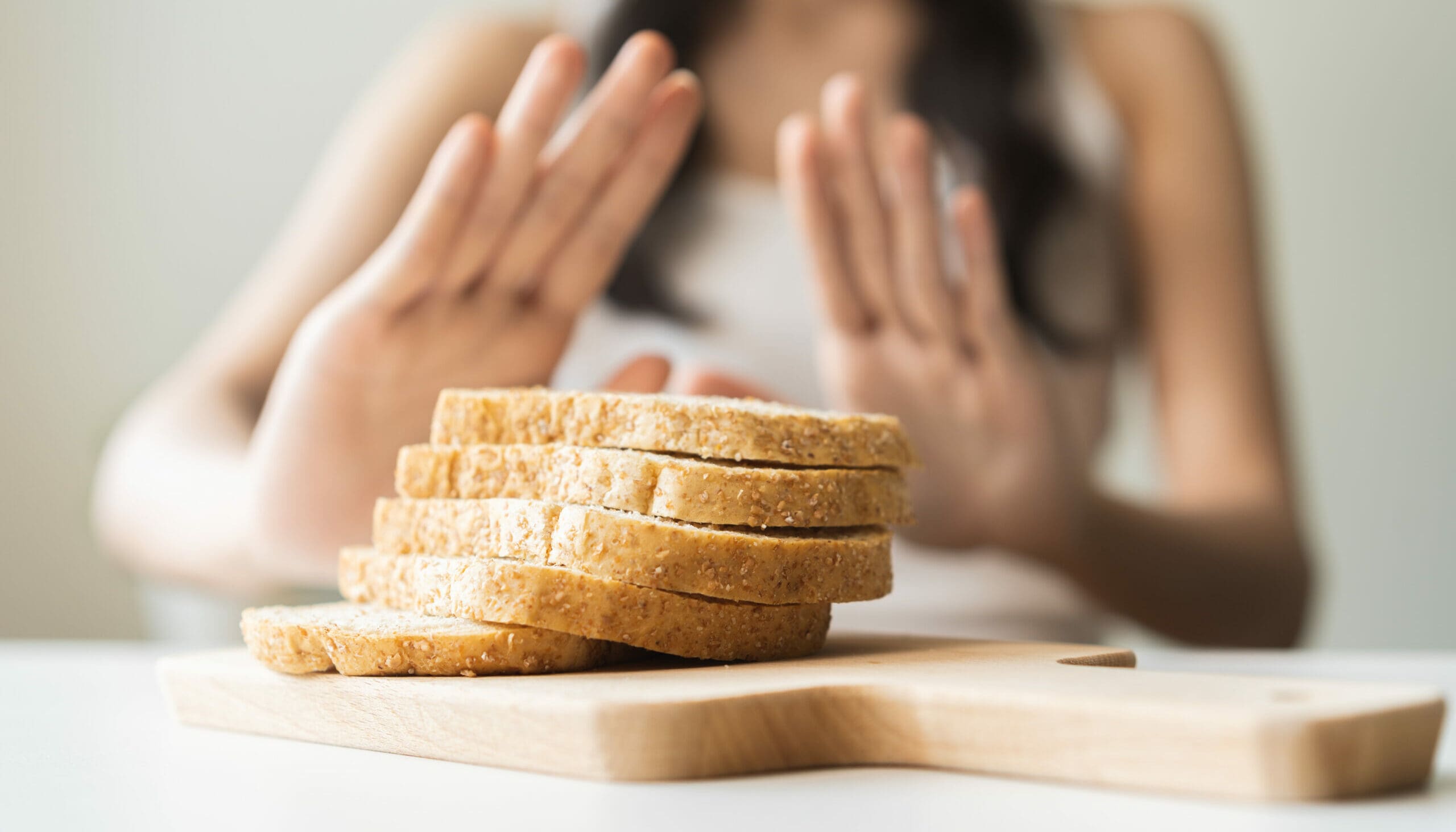Female coeliacs are more likely to experience hormone problems
By naturopath Margaret Jasinska
Recent research has shown that women with coeliac disease are more likely to experience a range of hormonal problems, including premature ovarian failure, irregular menstruation, endometriosis and infertility. It’s important to remember that those with coeliac disease may be more predisposed to suffering other health problems. Coeliac disease doesn’t just affect the gut. It can cause collateral damage to other parts of the body.
In addition to the hormone conditions mentioned above, female coeliacs are also more likely to experience a late menarche (beginning of menstruation) and an early menopause. Premature ovarian failure means an extremely early menopause, before age 40. It is usually caused by autoimmune disease affecting the ovaries. The average age of menopause is 51. Women with coeliac disease are more likely to stop menstruating before that age.
According to Rama Nanah, MD, a clinical hospitalist at Cleveland Clinic, who was involved in this research, “Our study found higher overall rates of women’s health disorders in women with celiac disease compared to nonceliac at all hormonal stages of life”. These findings remained significant among groups matched for age, race and body mass index.
Why are female coeliacs more prone to hormone problems?
Coeliac disease is an autoimmune disease, and people with it are more prone to developing other autoimmune conditions. They can also have heightened levels of inflammation in their body, which raises the risk of other health problems. Despite following a gluten free diet, some people’s intestines never fully recover. They may have reduced absorption of nutrients (due to injury to the villi) and unbalanced gut bugs (dysbiosis), and SIBO (Small Intestinal Bacterial Overgrowth).
How to protect your health if you’re a coeliac
- It’s critical to avoid all gluten all the time. Even trace amounts. The inflammatory chemicals your immune system produces when you consume gluten can cause serious tissue damage to your small intestine.
- Make sure your liver is healthy. Ask your doctor for a liver function blood test each year. Follow the eating guidelines in the book The Liver Cleansing Diet. Dr Cabot’s Superfood powder contains antioxidants that support liver health.
- Your gut may need healing. Avoiding gluten is necessary but often not sufficient to heal the intestinal lining. Sometimes there is an overgrowth of harmful gut microbes present, which can cause bloating and altered bowel habits. BactoClear capsules help address medically diagnosed irritable bowel syndrome. Ultimate Gut Health powder and bone broth are both wonderful for soothing an inflamed gut and enabling faster tissue repair. They help to reduce the toxin load that arrives at the liver from the intestines.
- People with coeliac disease may have a higher requirement for probiotics than the average person. Fermented foods like sauerkraut, kim chi, kefir and apple cider vinegar are all good sources, as is a probiotic in supplement form.
For more information, please see our book, Healing Autoimmune Disease. A plan to help your immune system and reduce inflammation.
Reference:
Nanah R, et al. Women’s health disorders in a celiac disease population – A nationwide cohort analysis. Presented at: ACG Annual Scientific Meeting; Oct. 20-25, 2023; Vancouver, British Columbia (hybrid meeting).









Leave A Comment